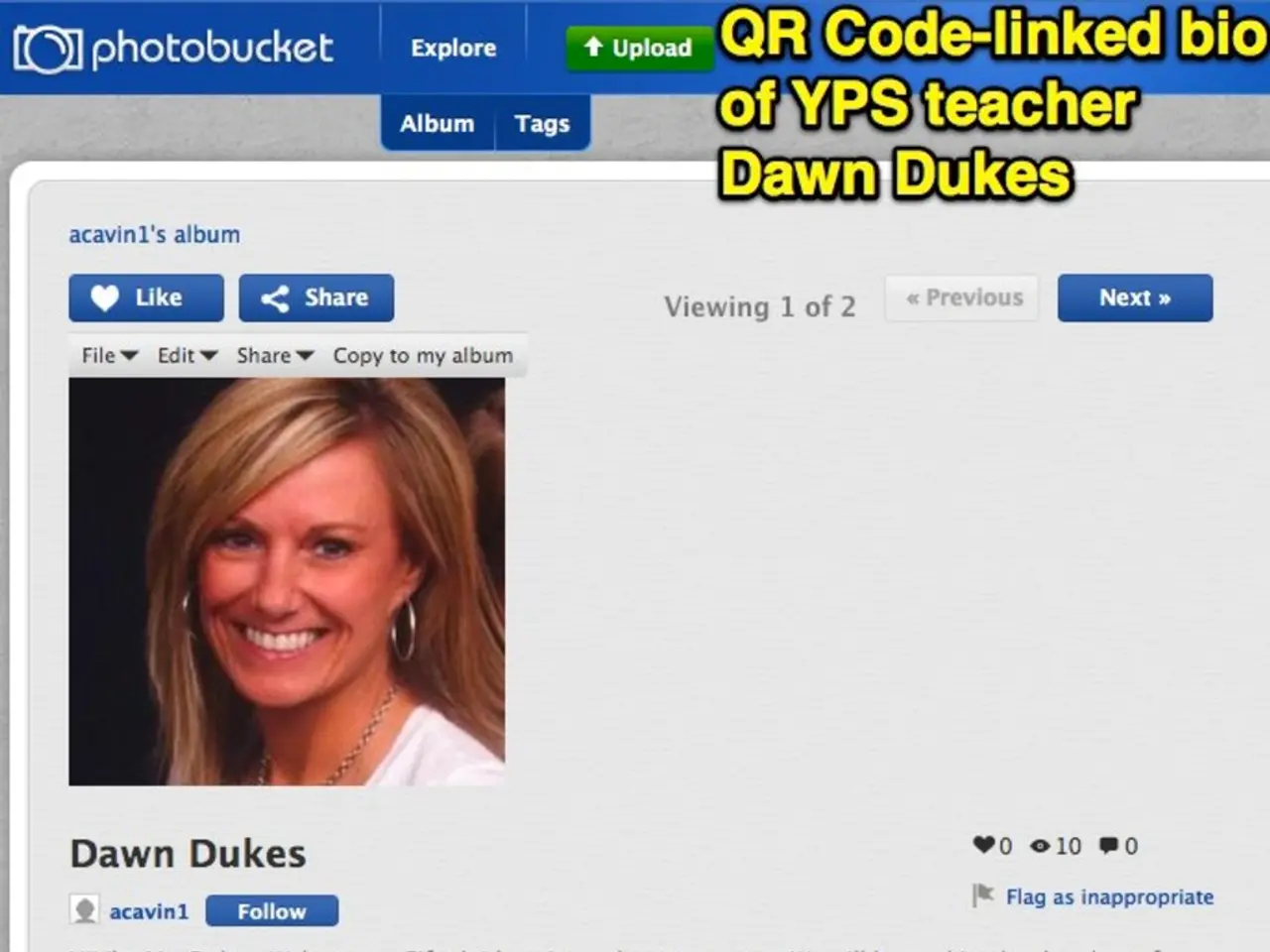Social Media Behavior Linked to Narcissism According to Research Findings
In a recent study conducted by researchers from the University of Gdánsk, Poland, the connections between narcissistic traits and social media addiction have been explored. The study involved 339 Polish adults aged 19 to 41, shedding light on how certain personality traits can lead to compulsive engagement on social media platforms.
The research indicates that narcissistic individuals, characterised by grandiose and vulnerable traits, are significantly more likely to develop addictions to social media platforms. This link can be understood through the broader relationship between narcissism and compulsive social media use.
Breaking down narcissistic traits, the study found that admiration, rivalry, enmity, isolation, and heroism all play a role in fostering compulsive social media engagement. Narcissistic admiration involves seeking attention and validation, which social media platforms readily provide. This drives individuals to use social media compulsively to gain likes, followers, and positive feedback, reinforcing their need for admiration.
Traits related to rivalry and enmity, reflecting antagonism and competition, are linked to a more problematic and possibly aggressive engagement with social media. Such individuals may engage in hostile interactions online or use social media to assert dominance, which correlates with addictive patterns.
Narcissistic isolation may stem from feelings of exclusion or insecurity despite outward confidence. Social media offers a controlled environment to seek attention and social connection, which can exacerbate addictive use as a compensatory mechanism.
While less directly studied, narcissistic heroism—the desire to be seen as exceptional—likely motivates social media use aimed at crafting and broadcasting an idealized self-image, thus contributing to addictive behaviors.
In summary, narcissistic traits foster compulsive engagement on social media through mechanisms of admiration seeking and antagonistic rivalry, often intertwined with feelings of isolation and the desire to be heroic or exceptional in the digital space. These dynamics contribute to social media addiction as these traits drive excessive validation seeking, competitive interactions, and self-presentation efforts online.
Additional psychological factors such as intolerance of uncertainty and digital well-being also modulate this relationship, with future-oriented anxiety enhancing narcissistic tendencies that further promote social media addiction. Moreover, specific behaviors like photo retouching are linked to narcissistic behavior and addiction symptoms, highlighting the role of self-image management in this context.
It is important to note that the study did not discuss how narcissists' personalities change as they age, nor did it address the issue of how narcissism shows differently in men and women. Additionally, the study did not focus on the identification of 'covert narcissists' in one's life or the link between social media addiction and communal narcissism.
Despite these limitations, the study provides valuable insights into the complex relationship between narcissism and social media addiction. Symptoms of narcissism are associated with higher levels of social media use, with admiration, rivalry, enmity, isolation, and heroism being linked to a greater likelihood of social media addiction, but sanctity was not. The participants completed a self-assessment to measure both narcissistic traits and symptoms of social media addiction.
While the problem of 'social media addiction' can be exaggerated, as it implies that all social media use is harmful, understanding the psychological factors that contribute to problematic use can help individuals make healthier choices and maintain a balanced online presence.
- The connection between narcissistic traits, such as admiration, rivalry, enmity, isolation, and heroism, and social media addiction was explored in a recent study, revealing that narcissistic individuals are more likely to develop an addiction to these platforms.
- The study found that narcissistic admiration, characterized by seeking attention and validation, can drive compulsive social media use as individuals strive to gain likes, followers, and positive feedback.
- Traits related to rivalry and enmity, signifying antagonism and competition, are linked to a more problematic and aggressive engagement with social media, potentially leading to addictive patterns.
- Narcissistic isolation, arising from feelings of exclusion or insecurity, can be exacerbated by social media as it offers a controlled environment for seeking attention and social connection, contributing to addictive use as a compensatory mechanism.








